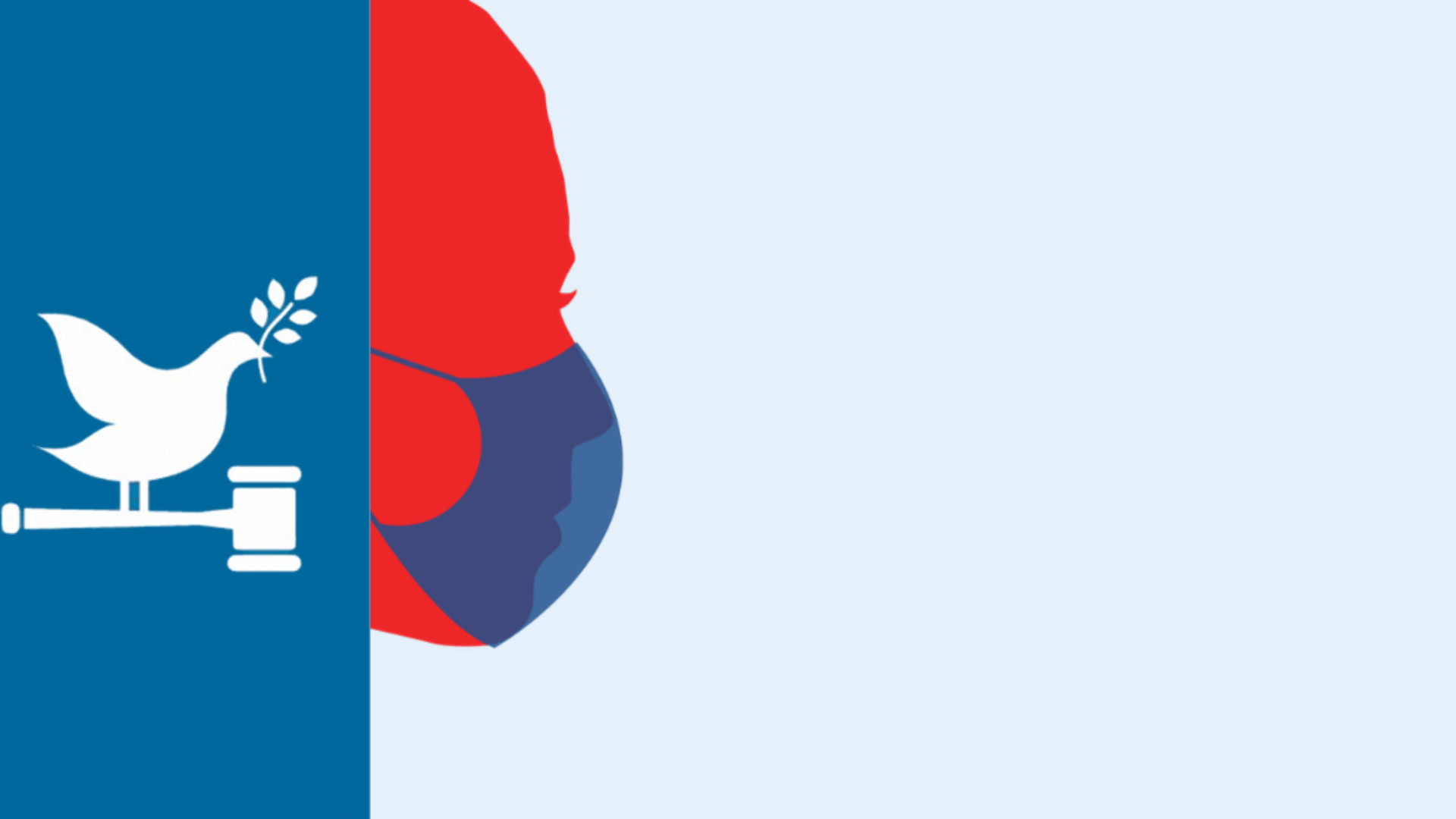Justice for Women Amidst COVID-19

This report documents major challenges to women’s access to justice in light of the COVID-19 pandemic and puts forth recommendations to accelerate action and push back against threats to progress.
Authored by GIWPS Managing Director Dr. Jeni Klugman, the report is jointly published by UN Women, IDLO, UNDP, UNODC, World Bank, and The Pathfinders for Justice, with support by the Elders.
Curtailed access to justice institutions, rising intimate partner violence, growing injustice for women workers—including those on the frontlines of the crisis—and discriminatory laws are some of the major risks to women’s lives and livelihoods associated with COVID-19.
The crisis particularly affects vulnerable groups of women, including those who are forcibly displaced, deprived of liberty or lack a legal identity, and the impact is compounded by the digital divide according to the report.
There is also serious concern that gains made on gender equality will be rolled back during the pandemic, including through delays in reversing discriminatory laws, the enactment of new laws, and the implementation of existing legislation.
The report includes ten-point recommendations to ensure a healthy justice system, including:
- Institute urgent judicial proceedings, especially for serious crimes including domestic violence, using technology.
- Replace full legal trials with interim judicial orders to promote the safety and well-being of women and children. Examples include, protection orders, restraining orders, orders for child maintenance and/or custody, injunctions against evicting widows and children from the matrimonial home, and injunctions against the marriage of a child.
- Protect women deprived of their liberty and on a case-by-case basis release women who are pregnant, imprisoned with children, pre-trial detainees, elderly women, those with underlying health conditions, those detained for low-risk offenses, and those with less than 12 months left to serve on their sentence.
- Ensure access to legal aid and enable poor people to seek justice that would be otherwise out of reach. Such services should be advertised extensively—in public but also on TV, social media, and via public service announcements—so that women know about them. This also suggests a strong role for civil society organizations (CSOs), which are often better networks of information for women in low- and middle-income countries.
- Support community-based paralegal organizations that can provide legal advice, alternative dispute resolution channels, and facilitate the dissemination of information more broadly in partnership with women in the media and local radio stations.
- Invest in data and monitoring and evidence-based policies: Justice leaders need timely access to relevant data and evidence on the justice impacts of COVID-19 and responses to the crisis, as well as evidence on the best ways to address those impacts. Across the board, it is important to collect sex-disaggregated data to understand the social and economic impacts of COVID-19 on women, especially at national and sub-national levels.
Download the full report here.
Explore More

Women, Peace, and Security Shadow Report to Congress: What Was Built, What…

WPS Index 2025/26
